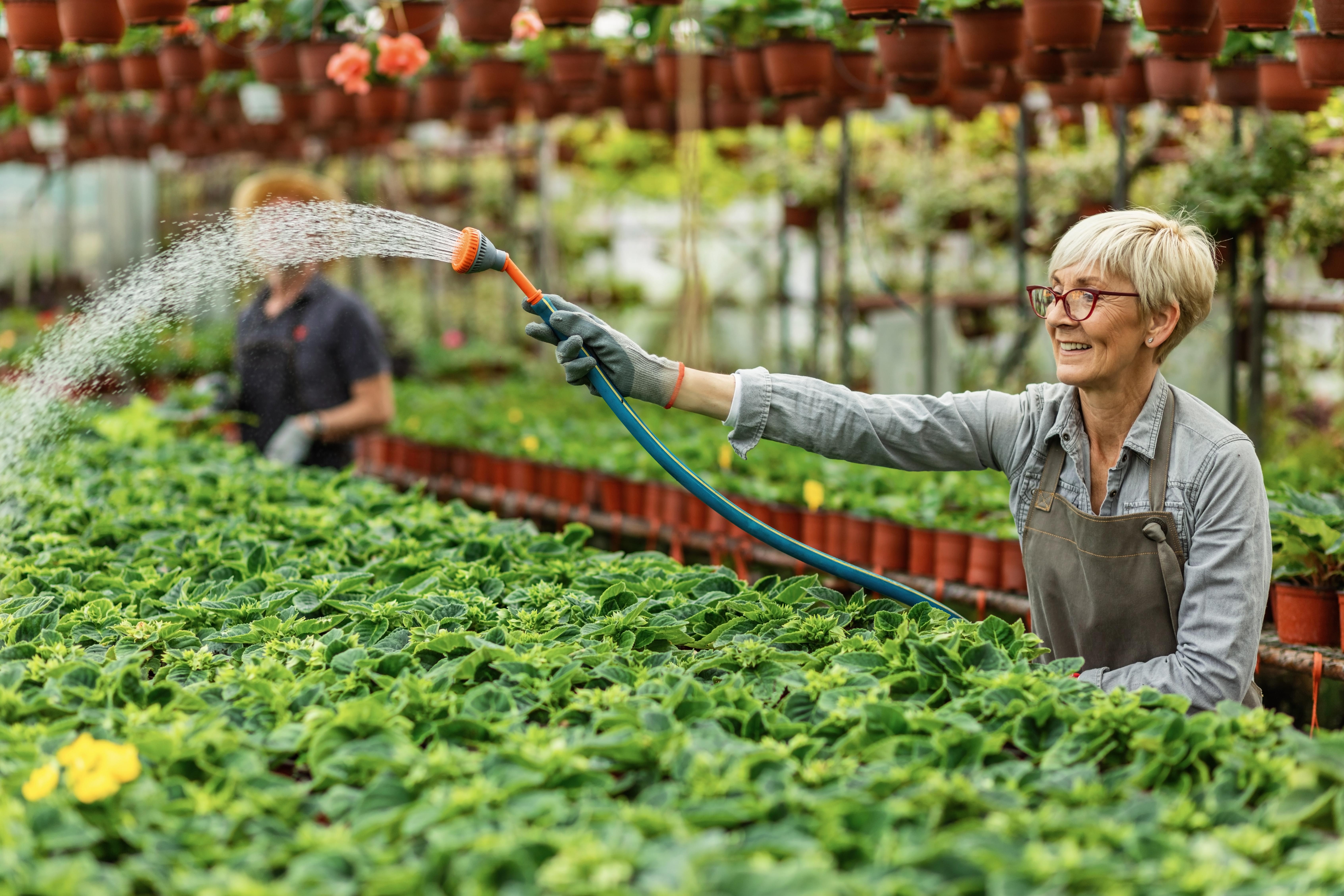10 Surprising Benefits of Gardening That Will Transform Your Life
Gardening is often seen as a simple hobby, a pleasant pastime for those with a green thumb. However, beneath its surface lies a treasure trove of unexpected benefits that can profoundly enrich your life. In today’s fast-paced world, where technology dominates and nature is often sidelined, gardening offers a sanctuary of peace and a connection to the earth that many of us crave. Gardening is more than just planting seeds and watching them grow; it is a holistic experience that engages the senses, challenges the mind, and nurtures the soul. Whether you have a sprawling backyard or a modest balcony, the act of tending to plants can lead to a multitude of surprising advantages. This article will meticulously guide you through 10 hidden benefits, supported by research and expert insights. From enhancing your physical health to fostering creativity and mindfulness, the rewards of gardening are as diverse as they are profound. Prepare to embark on a journey that reveals how this age-old practice can lead to a richer, more fulfilling life.
1. Physical Health: The Unexpected Workout

While many may not consider gardening a form of exercise, it actually provides a full-body workout that can rival traditional gym routines. The physical activities involved in gardening, such as digging, planting, weeding, and watering, engage various muscle groups and improve flexibility, strength, and endurance. Studies have shown that these activities can burn a significant number of calories, making gardening an effective way to maintain a healthy weight. Moreover, the repetitive motions involved in gardening can increase bone density and reduce the risk of osteoporosis, especially in older adults. Beyond the obvious physical exertion, gardening also promotes cardiovascular health. The moderate-intensity exercise of gardening can help lower blood pressure and cholesterol levels, reducing the risk of heart disease. The act of gardening encourages you to spend more time outdoors, which can improve lung function and boost your immune system. The combination of fresh air, sunlight, and physical activity creates a potent recipe for enhancing overall physical well-being. As we explore further, you'll see how the physical benefits of gardening intertwine with its mental health advantages, creating a holistic approach to wellness.
